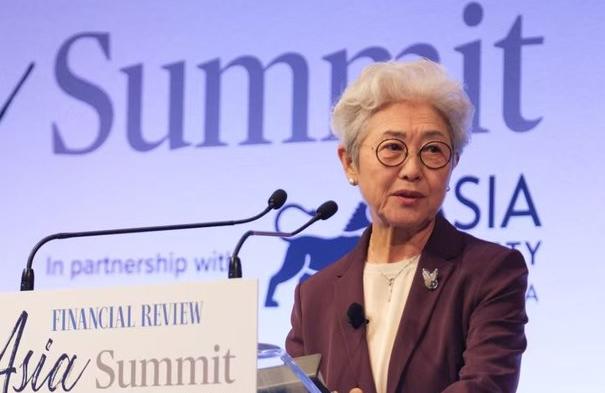
Fu Ying, Founding Chair of Center for International Security and Strategy, Tsinghua University; China's former Vice Minister of Foreign Affairs
Sep 12, 2025
Maintaining peace and stability in Asia and adjacent regions — fostering friendly and cooperative relations — is essential for China’s own security and prosperity. The focus must be on peace, development and building a community with a shared future.
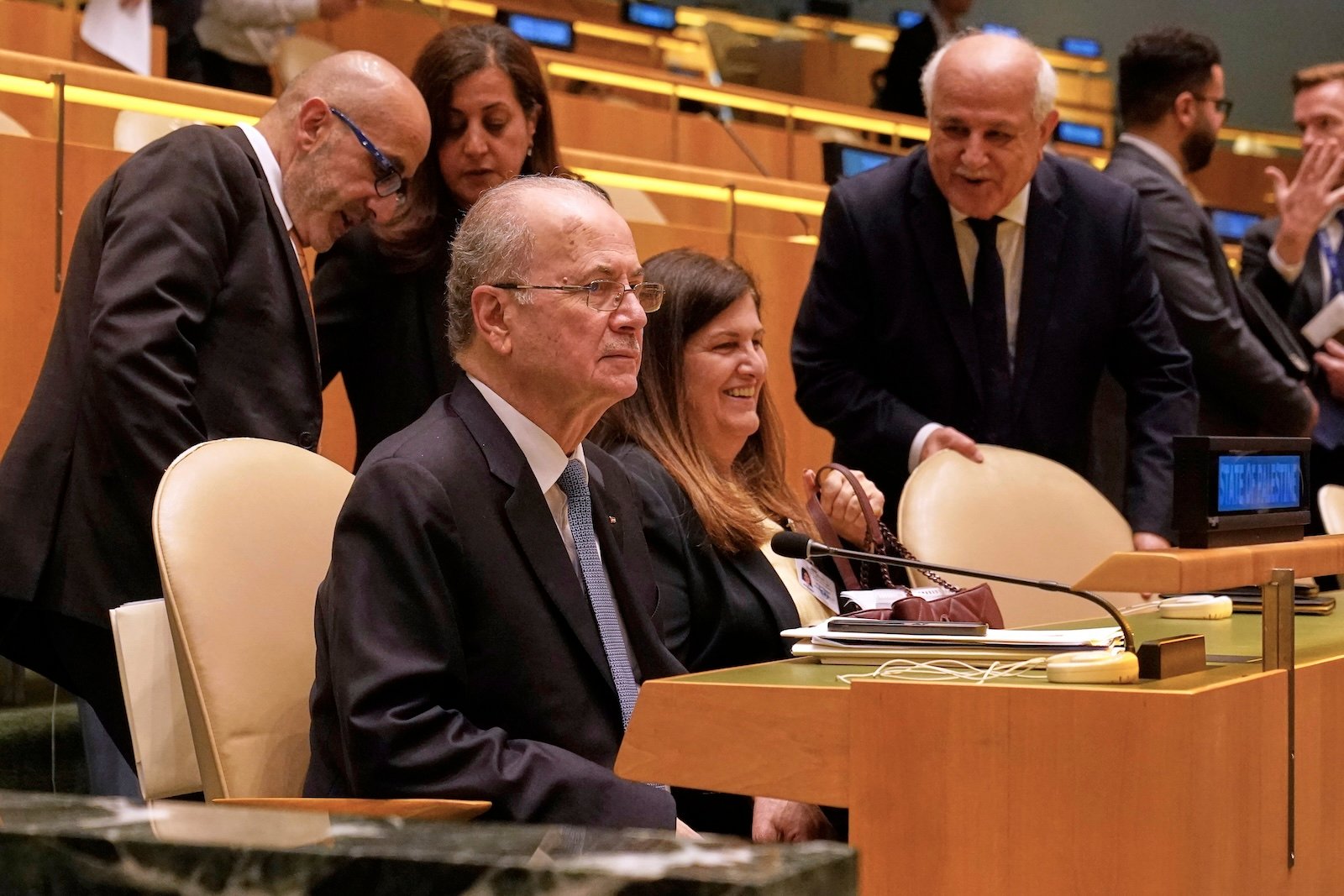
Dan Steinbock, Founder, Difference Group
Sep 12, 2025
As evidenced by complicity in the Gaza genocide, the U.S.-Israel military symbiosis in the Middle East is increasingly shunned by the international community. What the region needs is aggressive economic development.
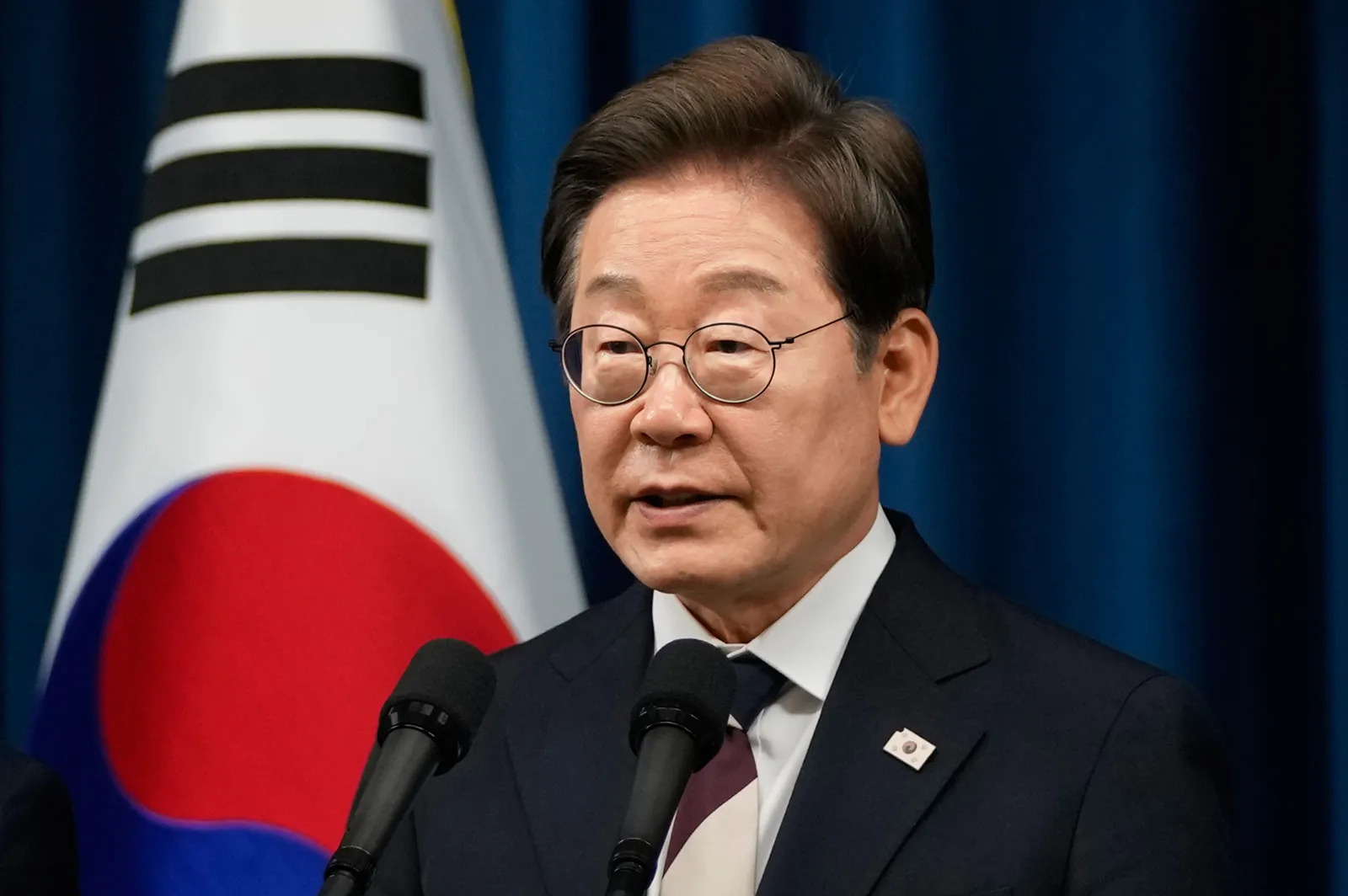
Zhang Yun, Professor, School of International Relations, Nanjing University
Sep 05, 2025
The trickiest problem for South Korea’s diplomacy is balancing the country’s relationships with the United States, China and Japan. Success hinges on consistent pragmatism in both domestic and international affairs.
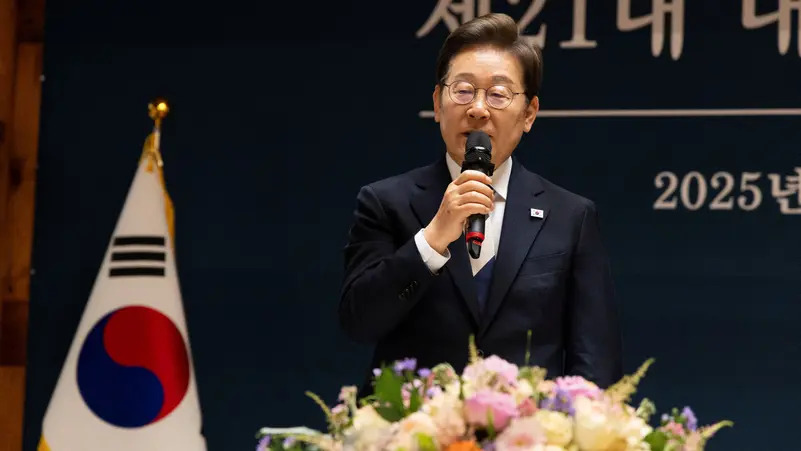
Zhang Tuosheng, Principal Researcher at Grandview Institution, and Academic Committee Member of Center for International Security and Strategy at Tsinghua University
Sep 05, 2025
The ROK’s new president, Lee Jae-myung, is attempting to improve relations with Pyongyang. But if Seoul is serious, it will need to take steps that go beyond rhetoric. Conciliatory efforts may not guarantee Pyongyang’s engagement, but they could lower the temperature and create space for negotiation.
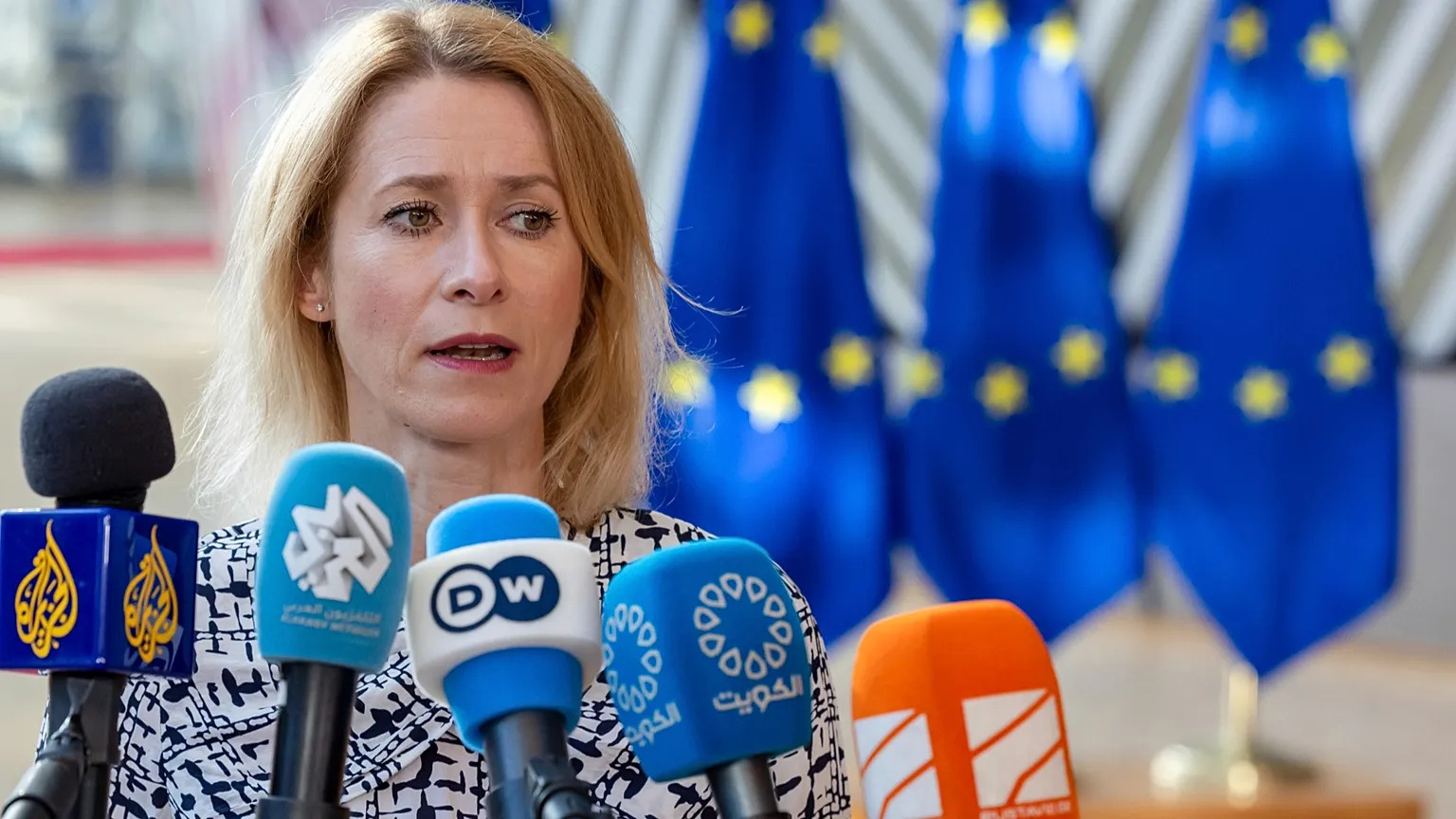
Jade Wong, Senior Fellow, Gordon & Leon Institute
Aug 26, 2025
The Alaska Summit signals a revival of major power coordination, with Europe determined not to forsake the peace dividends it has accrued over the decades. Seasoned by centuries of geopolitical maneuvering, European powers are poised to actively shape their own destinies rather than succumb to the will of others.

Tian Dewen, Senior Fellow, Institute of Global Governance and Development, Renmin University of China
Aug 22, 2025
Actual improvement of the bilateral relationship between the United States an Russia should be helpful in ending the war in Ukraine. Virtually any effort that facilitates sustainable peace is worthy of China’s support. So the meeting in Alaska does not need to be interpreted as unproductive.

Jiayi Zhang, Researcher, Global Governance Institution
Tian Shichen, Founder & President, Global Governance Institution
Aug 22, 2025
The summit could mark a turning point in U.S.-Russia relations and lead to a rewriting of the geopolitical playbook. For China, the lesson is that it must hold fast to its principles, maintain strategic composure and pursue its interests on its own terms.
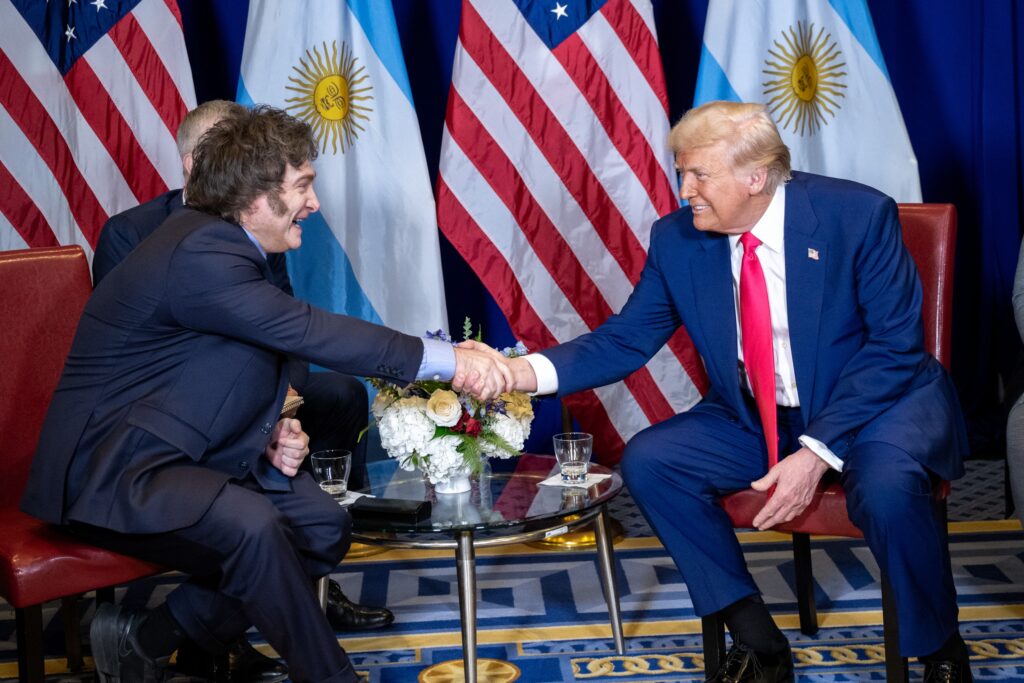
Wang Youming, Senior Research Fellow of BRICS Economic Think Tank, Tsinghua University
Aug 13, 2025
U.S. policy in Latin America has acquired some new characteristics. While it retains the basic shape of the centuries-old Monroe Doctrine, it has now been enhanced with Donald Trump’s peculiar transactional and bullying style.
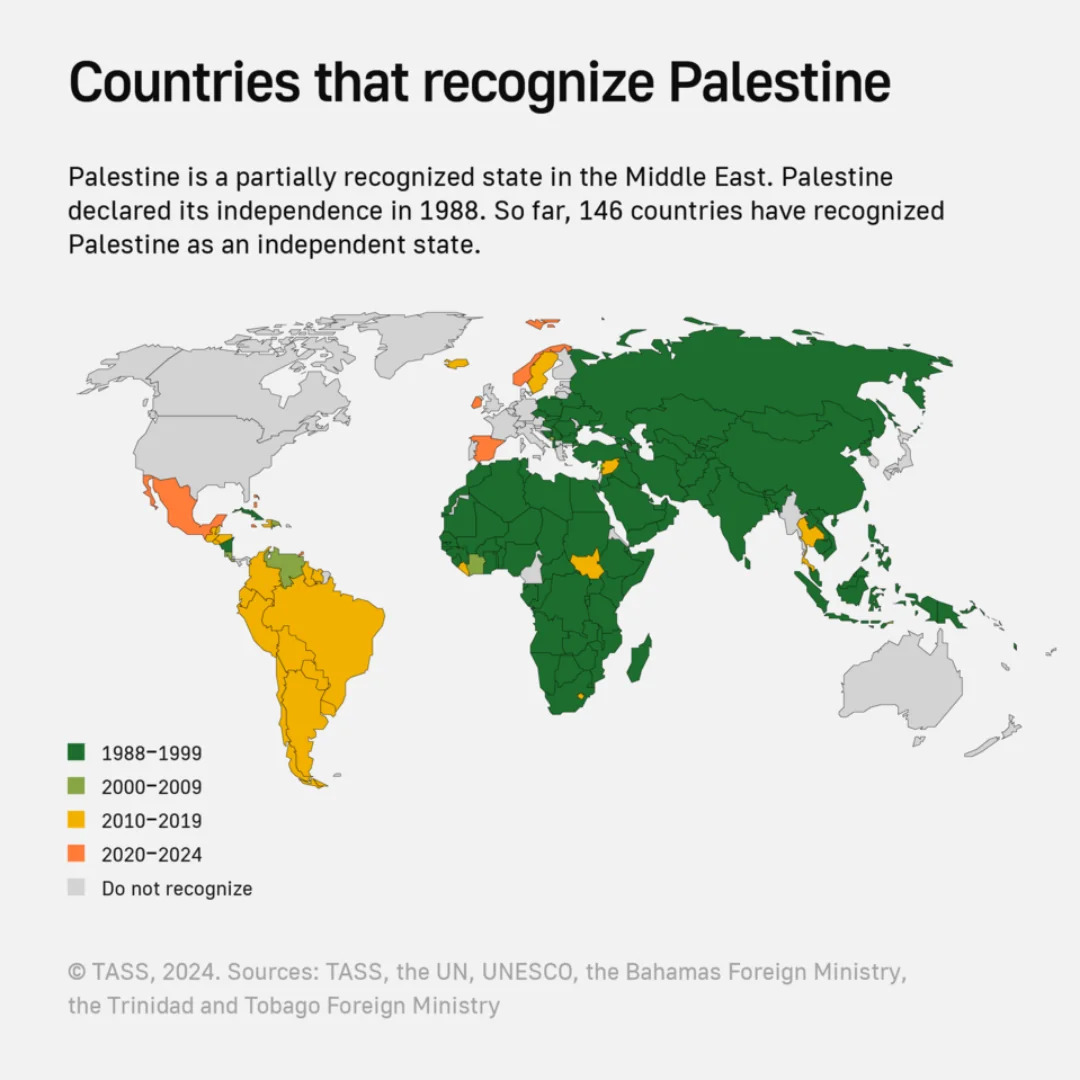
He Wenping, Senior Research Fellow, Charhar Institute and West Asia and Africa Studies Institute of the China Academy of Social Sciences
Aug 12, 2025
The stated intentions of France, the United Kingdom, Canada and Australia may add to Israel’s growing international isolation and could prompt a reassessment — though not a fundamental shift — in support for Israel by the United States.

Richard Javad Heydarian, Professorial Chairholder in Geopolitics, Polytechnic University of the Philippines
Aug 08, 2025
The second Trump administration has combined aggressive diplomatic engagement with a confrontational trade policy that alienates allies and risks triggering a global recession, despite legitimate concerns about America’s industrial decline. While Trump's trade agenda aims to restructure global commerce to favor U.S. interests, its unilateral execution and failure to build a coalition undermine its effectiveness and may isolate the U.S. rather than restore its manufacturing strength.
Back to Top

- China-US Focus builds trust and understanding between the U.S. and China through open dialogue among thought leaders.
- Our Offerings
- Topics
- Videos
- Podcasts
- Columnists
- Research Reports
- Focus Digest
- Stay Connected
-
Thanks for signing up!
- Get the latest stories from China-US Focus weekly.